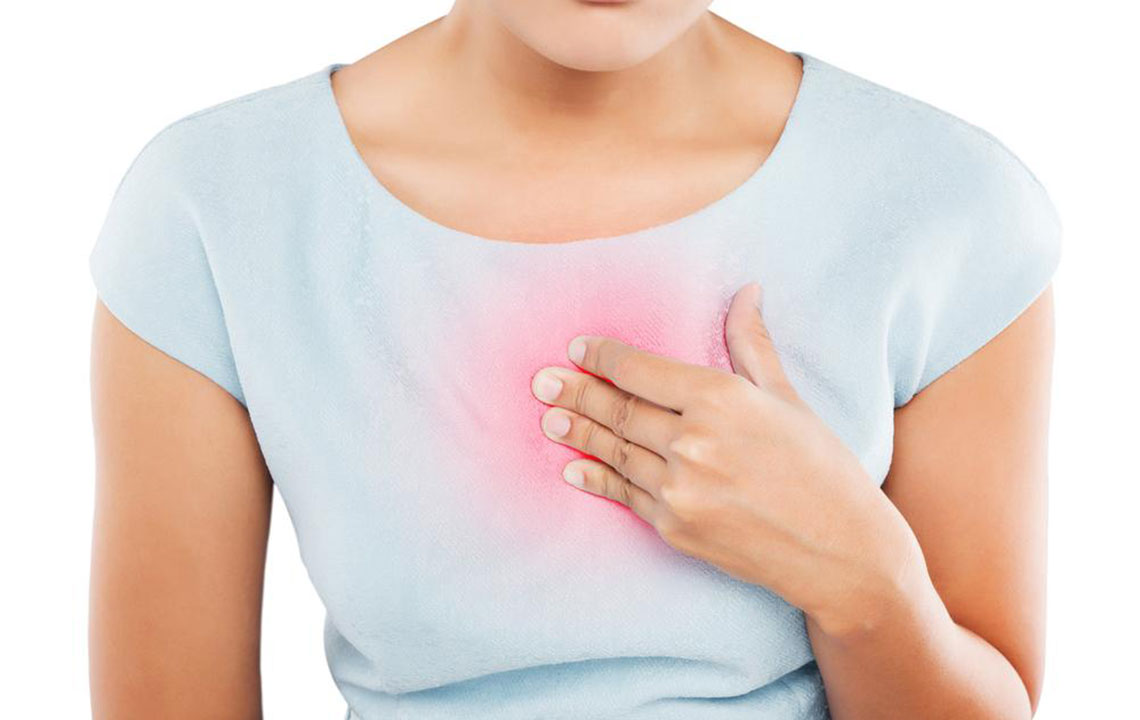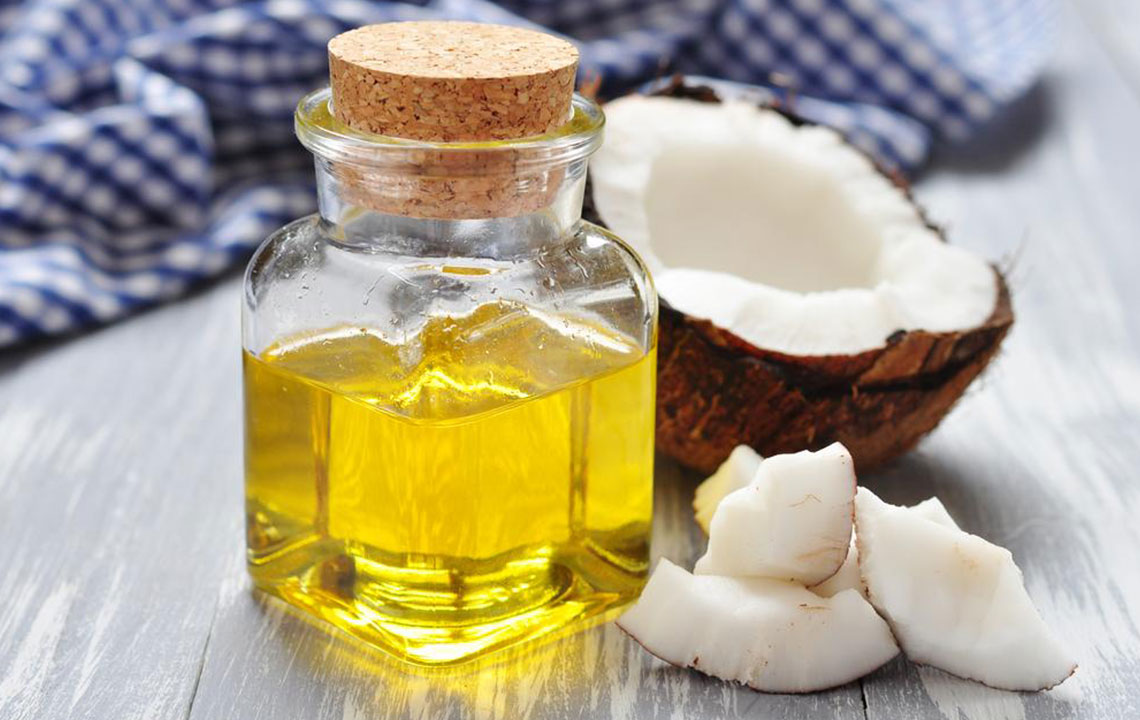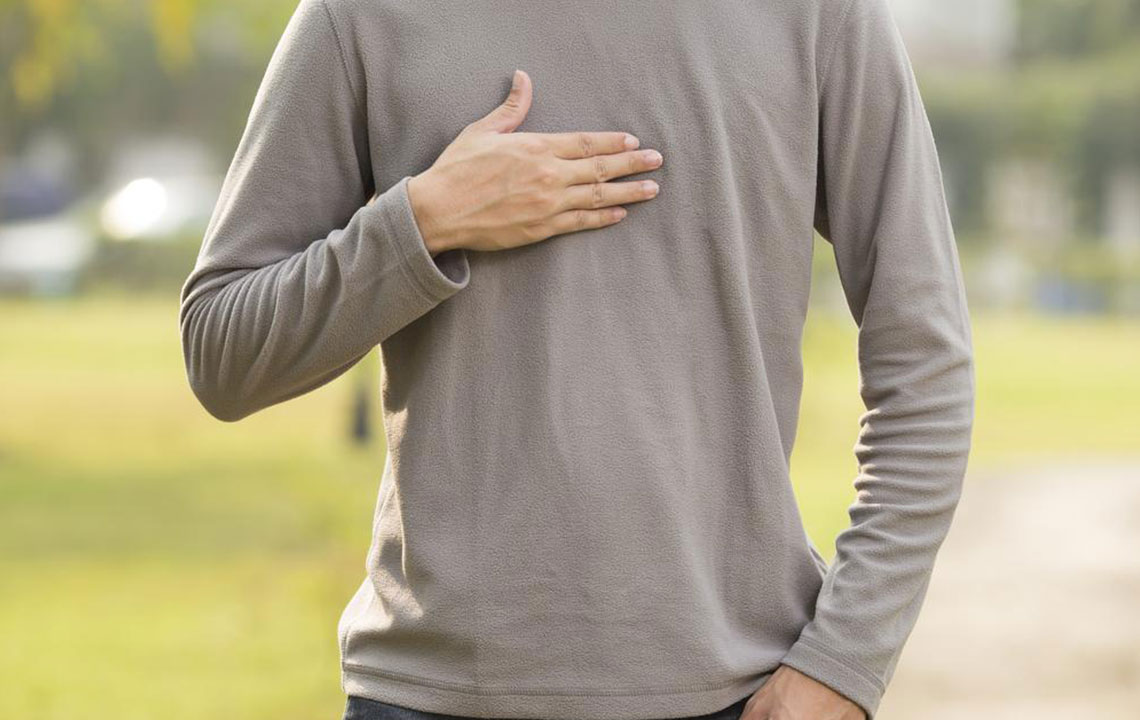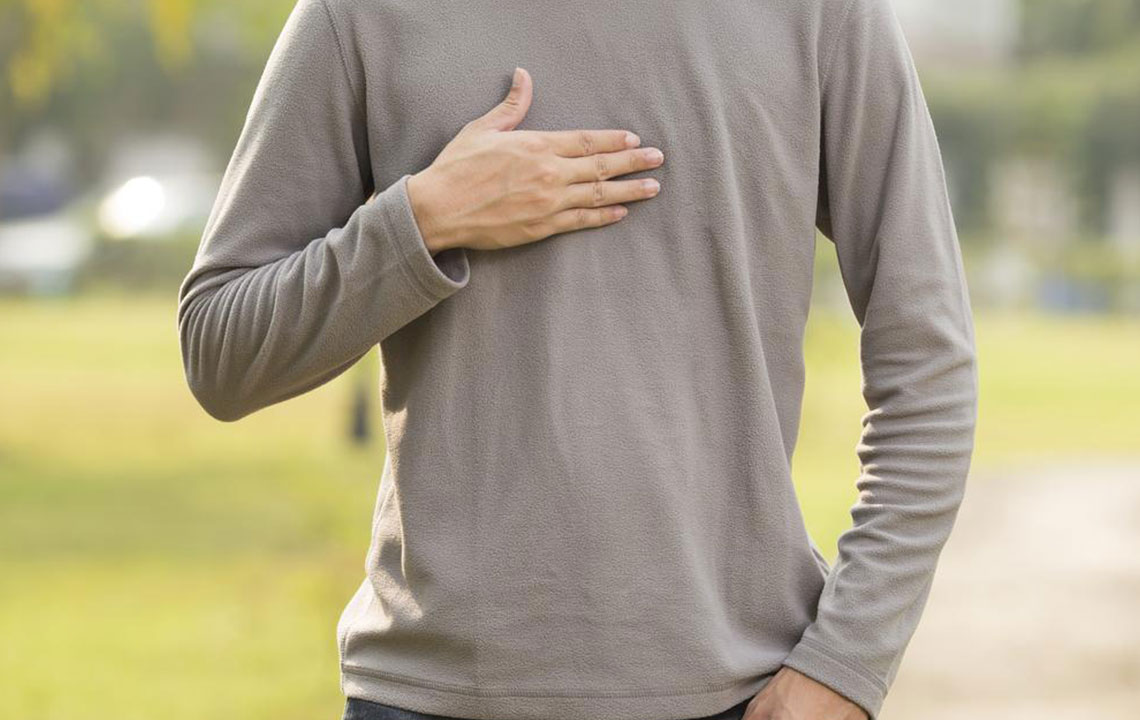Essential Signs and Care for Gallbladder Health
This article highlights crucial signs of gallbladder issues, including symptoms, diagnosis, and lifestyle tips for prevention. Early detection and proper management can effectively treat gallbladder problems and prevent complications, emphasizing the importance of medical attention and healthy habits for maintaining gallbladder health.
Sponsored
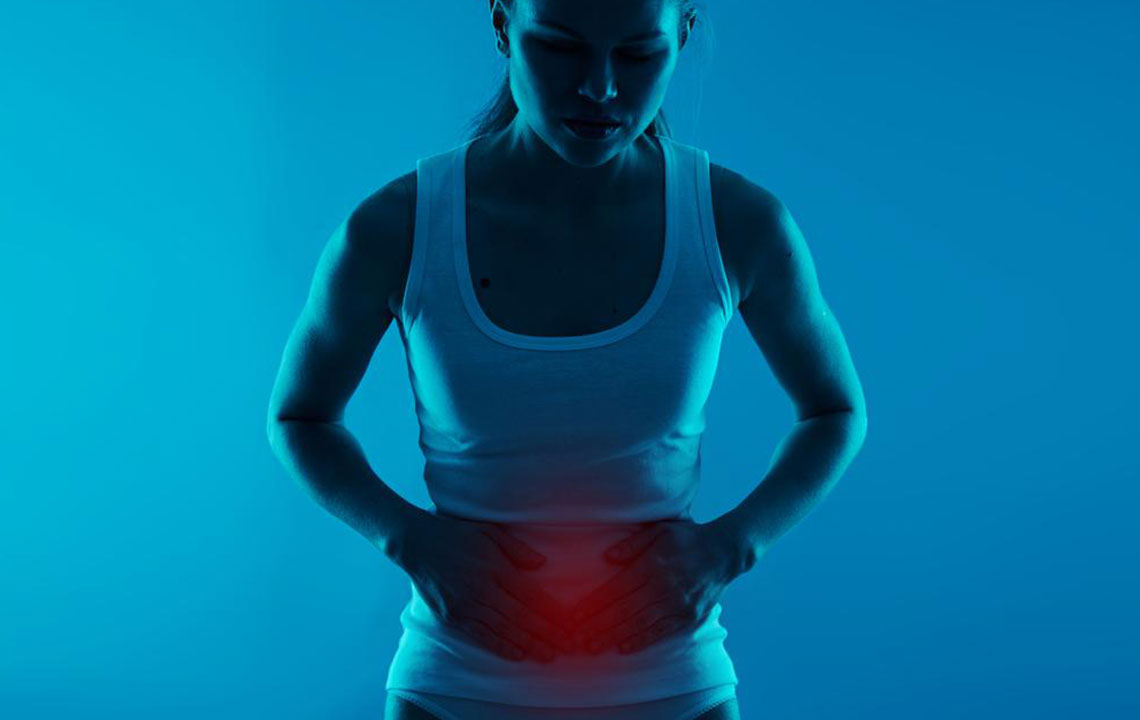
Recognizing Key Signs of Gallbladder Issues and What to Do
The small organ known as the gallbladder plays a vital role by storing bile produced by the liver and releasing it into the small intestine to aid digestion. Despite its importance, it often goes unnoticed until problems arise. Usually, the gallbladder functions without causing symptoms, but blockages or inflammation can lead to discomfort and health issues. Symptoms vary, with some experiencing mild, chronic symptoms while others require prompt medical intervention.
Common indicators of gallbladder problems include:
Nausea and Vomiting
These symptoms are typical when gallstones or inflammation occur. Chronic issues may also cause indigestion, excessive gas, or acid reflux.
fullness sensation
A feeling of bloating or fullness in the abdomen is common as digestion is affected. Loss of appetite may also be observed.
Additionally, abdominal tenderness can be a warning sign.
Fever or Chills
Unexplained fever or chills could signal an infection related to the gallbladder or other organs. Ignoring such symptoms may worsen the condition and pose serious health risks.
Pain
Pain in the upper right abdomen or the middle area is closely linked to gallbladder issues. The severity can range from mild to intense and may radiate to other areas like the back or chest, especially after consuming greasy or spicy foods.
Dark Urine and Pale Stool
Changes in stool and urine color, such as dark urine and pale stool, might indicate gallbladder or liver problems that require medical attention.
Persistent Diarrhea
Experiencing diarrhea more than four times daily over several months can be a sign of gallbladder dysfunction, particularly in chronic cases.
Jaundice
Though rare, yellowing of the skin and eyes may occur in advanced gallbladder conditions or malignancies.
Diagnosis and Management
Detecting gallbladder issues involves medical history assessment, ultrasound imaging, and blood tests to evaluate organ health. Treatment depends on the specific condition, with minor problems managed through medication and diet, and severe cases like gallstones or tumors often requiring surgery. Early diagnosis is crucial for effective recovery.
Maintaining gallbladder health involves not just medical treatment but also lifestyle choices. Avoid junk foods and alcohol, and incorporate fresh vegetables, fruits, and high-fiber, low-carb foods into your diet. These habits help prevent future issues, especially for those over 40 or with a family history of gallbladder problems. Rapid weight loss should be avoided, as it can also trigger problems.

